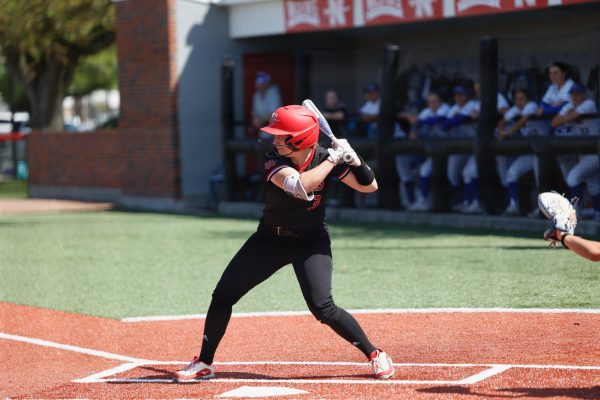University police trying to tackle drug use on campus
Photo by: Jeffery Miller
A university police officer controls traffic on Ardoyne Dr. on Sept. 24.
Drug use continues to be a problem on campus as the number of disciplinary referrals issued for drug related offences rose during 2013.
Drug use and distribution on campus is prohibited. According to the 2013 Annual Fire and Safety Report, “Nicholls State University complies with all federal and state laws, which prohibit the use, possession and sale of illegal drugs. The University is a drug-free zone under Louisiana law and will not shield any student, employee or visitor from action by civil authorities.”
Drug related complaints issued to University Police are usually resolved in one of four different ways. Complaints can be labeled unfounded, which means that lack of evidence suggests the original complaint was false or lacked foundation. Disciplinary referrals can also be issued for drug related violations.
The police receive tips from campus members who choose to remain anonymous. At that point, the police start an investigation. Despite what some may think, campus police do not have the right to search residence halls and vehicles due to their location on campus. Campus police must operate with search warrants.
According to the University Police crime log, a disciplinary referral “designates a case that has been referred to another University Department for action under their own policies and procedures and the University Police Department is no longer the primary acting agency on the case.” In rare cases, an arrest can be made at the end of a drug-related investigation. Another alternative is to issue a misdemeanor summons.
Craig Jaccuzzo, chief of University Police, explained the process behind issuing a misdemeanor summons.
“When we make drug arrests, you can arrest individuals physically or through misdemeanor summons,” Jaccuzzo said.
Jaccuzzo continued, “If the Lafourche Parish Jail is filled and we catch individuals with small quantities of any illegal narcotic or drug paraphernalia, that is a misdemeanor. That is a misdemeanor, no different than a traffic ticket.”
For students that are found either consuming or possessing an amount of marijuana that is within human consumption, the punishment is usually a misdemeanor. Jaccuzzo compared the process to that of a traffic citation: students pay a fine of approximately $200 and are sentenced to one year of unsupervised probation. Students are also given a court date where they can plead guilty or not guilty.
Included in the process is an immediate meeting with Tommy Ponson, director of student life and student judicial services, where the student receives a sentence from the University. The sentence can range from community service to fines and even a rehabilitation program.
This same offense in the parish or city would result in a delayed court date that is usually nine months from the incident.
During the 2012 calendar year, 10 disciplinary referrals and nine misdemeanor summons were issued. In 2013, 16 disciplinary referrals and six misdemeanor summons were issued. From January to May of this year, three disciplinary referrals have been issued. Three cases have been declared unfounded, and two misdemeanor summons have been served.
From January 2012 to May 2014, there have been 44 drug related complaints reported to University Police. Seven of these complaints where determined to be unfounded. There were 20 cases where disciplinary referrals where issued at the end of the investigation. Another 12 cases resulted in misdemeanor summons being issued. An incident on Nov. 20, 2013, was the only complaint that led to an arrest.
During this time period, 37 out of 44 cases were related to distribution, possession or suspension of marijuana. Three cases were classified under drug paraphernalia, three were labeled as dealing with drugs/narcotics, and one case was related to possession of methamphetamine.
Students or employees who violate the university’s drug policy will be subject to disciplinary action. This includes termination of university employment or academic suspension. If the drug policy violation is found to be unlawful, the matter can be referred to a third party authority for prosecution.
These numbers reflect a trend reported by the data collected by the National Survey on Drug Use and Health (NSDUH) that is conducted by the Substance Abuse and Mental Health Services Administration.
The NSDUH has found that illicit drug use in America has seen an increase over the years. In 2012, 23.9 million Americans aged 12 or over admitted to using an illicit drug in the past month. Researchers attribute this large number on an increased reliance on marijuana, which is the most commonly used illicit drug. In 2007, 14.4 million people acknowledged using marijuana within the past month. This number rose to 18.9 million in 2012.
Within the past few years, marijuana has been the only drug to see a considerable rise in usage. More than half of illicit drug users begin by trying marijuana. The next most popular drug for beginners are prescription medications. College aged individuals, who are usually 18 to 20 years olds, are the highest percentage of people who abuse drugs.




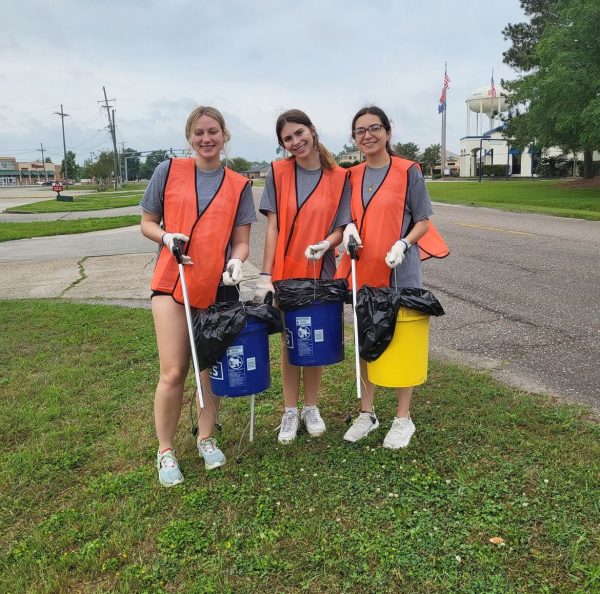

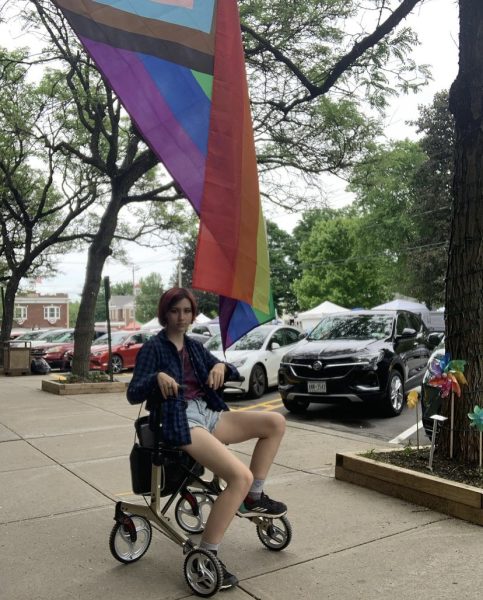
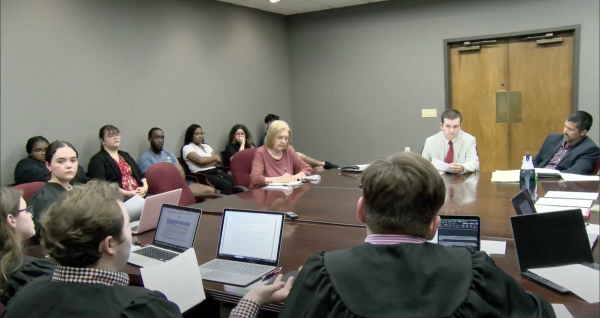
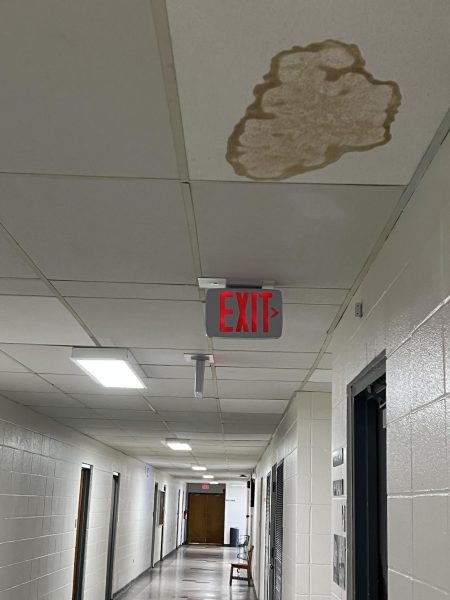

![Nicholls Garrett Felix [#6] advances to first base after drawing a walk against Louisiana on April 2.](https://thenichollsworth.com/wp-content/uploads/2024/04/FelixWalk-at-UL-600x400.jpg)
